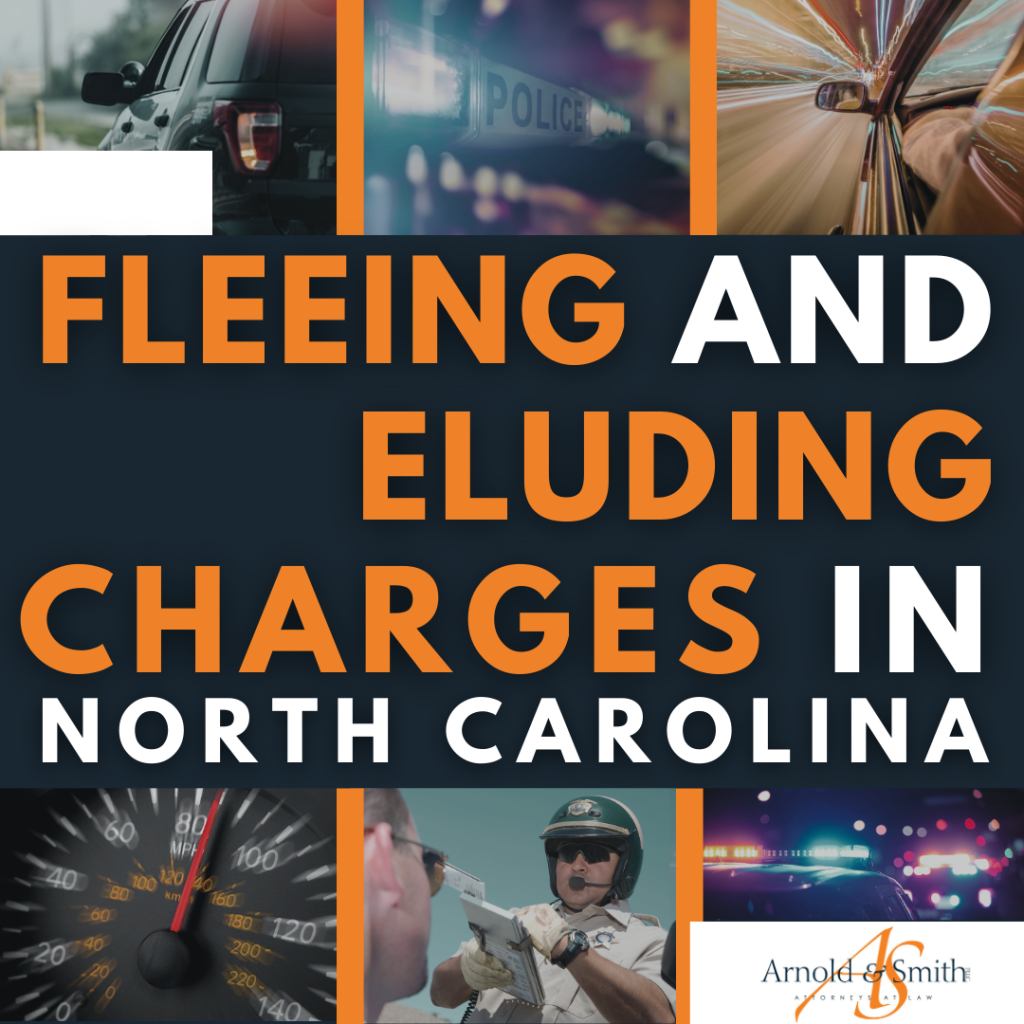 Fleeing and Eluding Charges in North Carolina
Fleeing and Eluding Charges in North Carolina
When police lights and sirens are behind you, signaling you to pull over, North Carolina law requires you to stop. You must pull to the side of the road and bring your vehicle to a full stop. Regardless of whether you agree with the traffic stop or not, you must still follow the law. If you fail to stop, the police will believe that you are fleeing and eluding. You will likely face charges of fleeing and eluding along with any other charges that might arise from the traffic stop.
What is Fleeing and Eluding?
 Charlotte Criminal Lawyer Blog
Charlotte Criminal Lawyer Blog




